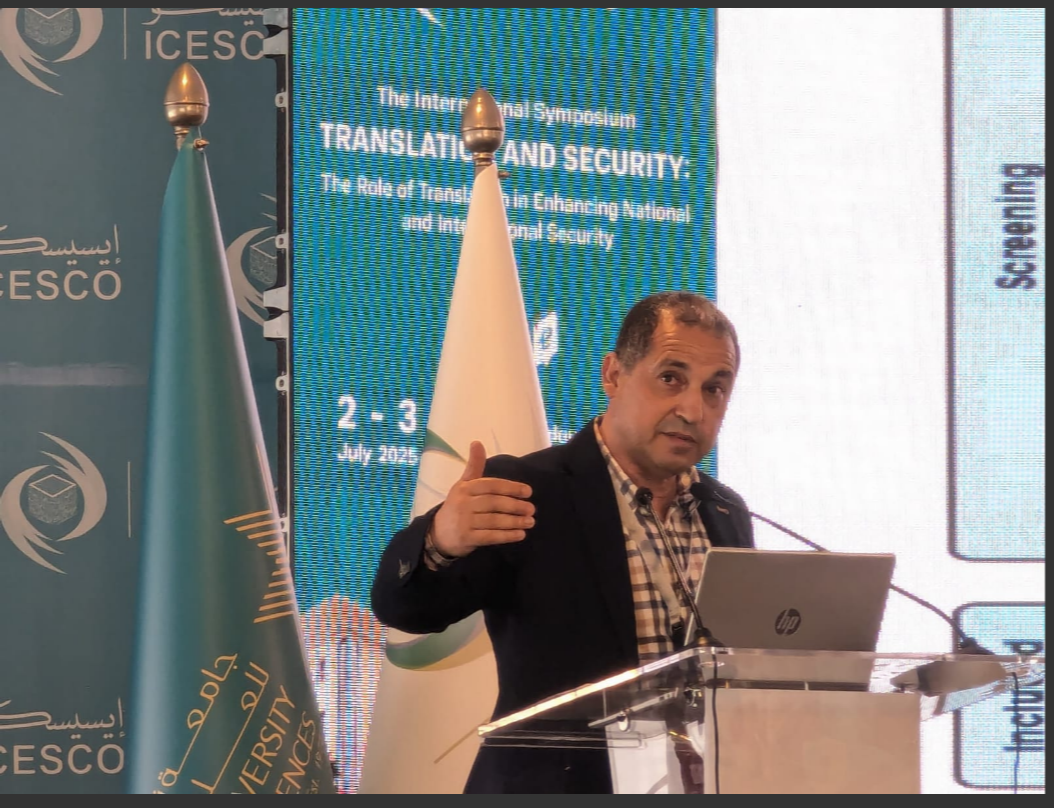In my course, I tried to
bring in the real life situation of the translation profession through creating
my own innovative approach, resulting from my early readings on translator pedagogy literature and else. The
course was made for the first time (in the programme) and I had to spend quite a long period choosing and planning material/activities and craeting assessment methods. I had a preliminary outline about my intervention,
but I was lucky to find the students had just been back from their internship
so I had asked the course administrator for their reports, and spent about half
of the time during the first day discussing their internship experience. This
discussion had helped me to reshape my course outline, and I presume that the
more the teachers know about their students learning styles and needs the
better they will be in a position to assess their teaching and improve it accordingly
( Viau et Bouchard, 2006, p1).
Being
a course about professional issues in practice, I resorted to use active
pedagogies, workshops, use of ICT and case studies. The focal point was to
create simulations of the real world of translation, how language services are
carried out in the real world or the virtual world (online freelance) and the
constraints. I was trying to link between the course at hand and the profession
( Viau et Bouchard, 2006, p. 38). From time to time I present a brief lecture
to students to guide them through some declarative knowledge they might need to
help them apply it and reflect on it while dealing with Problem Situations or
Case studies.
Nevertheless, I must admit that I faced
problems in trying to apply the active pedagogies as well as the ICT tools in
the MA class due to:
-
Students uneasiness with these types
of activities, since they are still influenced by the old paradigm whereby
knowledge is and should be transmitted from one fountain (the teachers) and
that students should absorb that knowledge and compete with each other to be
distinguished. The professor is judged on how bright she or he is in delivering
the course content.
-
I tried to incite them to bring in
their laptops or use internet at home to communicate with each others on
online discussion groups and do research on special sites to get them used to
the online environment since it takes a big chunk of their future work.
Nevertheless, neither the university infrastructure nor students financial
situation helped me to run this activity smoothly.
Fouad

